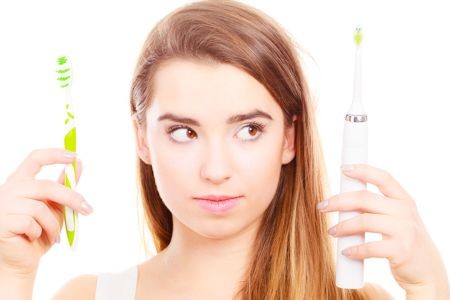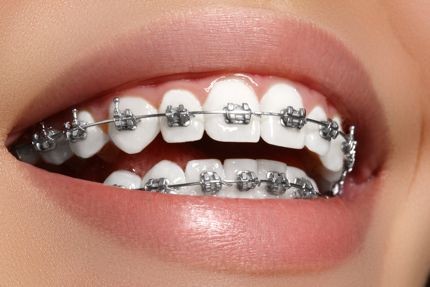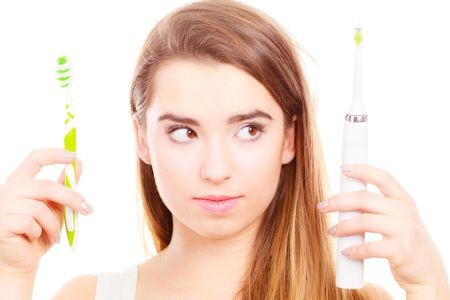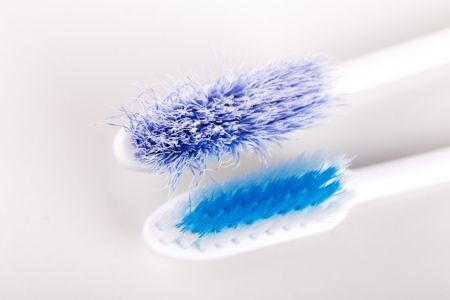Our Blog
Electric vs. Manual Toothbrushes
A tooth brush has come a long way toward reaching its current versatility. Today, we can hardly imagine our life without using it. Dental health is a crucial overall health factor.
With the vast variety of manual toothbrushes available today, most of us still don’t care about progress in this area. We’d better do, because electric toothbrushes are increasingly popular thanks to their effectiveness.
Why use an electric toothbrush?
 Electric toothbrushes have proved to do the job better thanks to a variety of vibration options. The movement ensures a deeper rich into areas, which a common manual toothbrush cannot provide. Consequently, using this kind of toothbrush gives you a better chance to reach the least reachable and most bacteria-contaminated areas. Electric toothbrushes have demonstrated effectiveness in preventing gingivitis and plaque formation. These are not just words: the technology has been tested enough to prove its effectiveness.
Electric toothbrushes have proved to do the job better thanks to a variety of vibration options. The movement ensures a deeper rich into areas, which a common manual toothbrush cannot provide. Consequently, using this kind of toothbrush gives you a better chance to reach the least reachable and most bacteria-contaminated areas. Electric toothbrushes have demonstrated effectiveness in preventing gingivitis and plaque formation. These are not just words: the technology has been tested enough to prove its effectiveness.
What makes a power toothbrush better is the number of strokes per minute. For instance, you can make about 150-200 strokes per minute using a manual toothbrush, while an electric one makes about 3,000 to 30,000 strokes per minute – scores of times faster.
What kinds of power toothbrushes are there?
Rotary toothbrushes feature a motorized head that makes circular movements at a rate of 3,000 to 7,000 strokes and more. Although this one appears to be the slowest of all electric toothbrushes, it is still far ahead of manual ones. Some rotary toothbrushes alternate the direction of rotation (oscillation rotation).
A sonic toothbrush’s head moves in a side-to-side fashion and makes more than 30,000 strokes per minute. There are also ultrasonic ones that move even faster. Most dentists recommend this type of toothbrushes for those who have dental plaques, as rapid vibration helps to remove them faster and with less detriment to dental tissues.
Ionic toothbrushes work on an utterly different principle: they send electric impulses along the bristles and onto the teeth’s surface. This has proved to be an effective plaque removal technique.
Power toothbrushes keep pace with the time. Some new models feature timers, so you can set your toothbrush to beep every 30 seconds to signal you to move to the next area of your teeth. Also, they may feature pressure sensors that will signal you when you press too hard or, vice versa, not hard enough.
What is bad about electric toothbrushes?
They are much more expensive. It should be noted that they need to be replaced nearly as often as manual ones.
Do I really need one?
In fact, brushing teeth takes quite a bit of learning and experience. Many people take great care to brush their teeth every day, regardless of the type of toothbrush, and still develop serious dental problems. From this perspective, a power toothbrush is not a panacea either. This is because, from the perspective of dental care in general, brushing teeth is just the top of the iceberg. In other words, it is more than just sticking to your daily home procedures. Dental care involves regular visits to a dentist from the very day your first little tooth erupted! Consult your dentist on a regular basis and seek professional advice on what kind of (manual or electric) and how to use a toothbrush properly.





